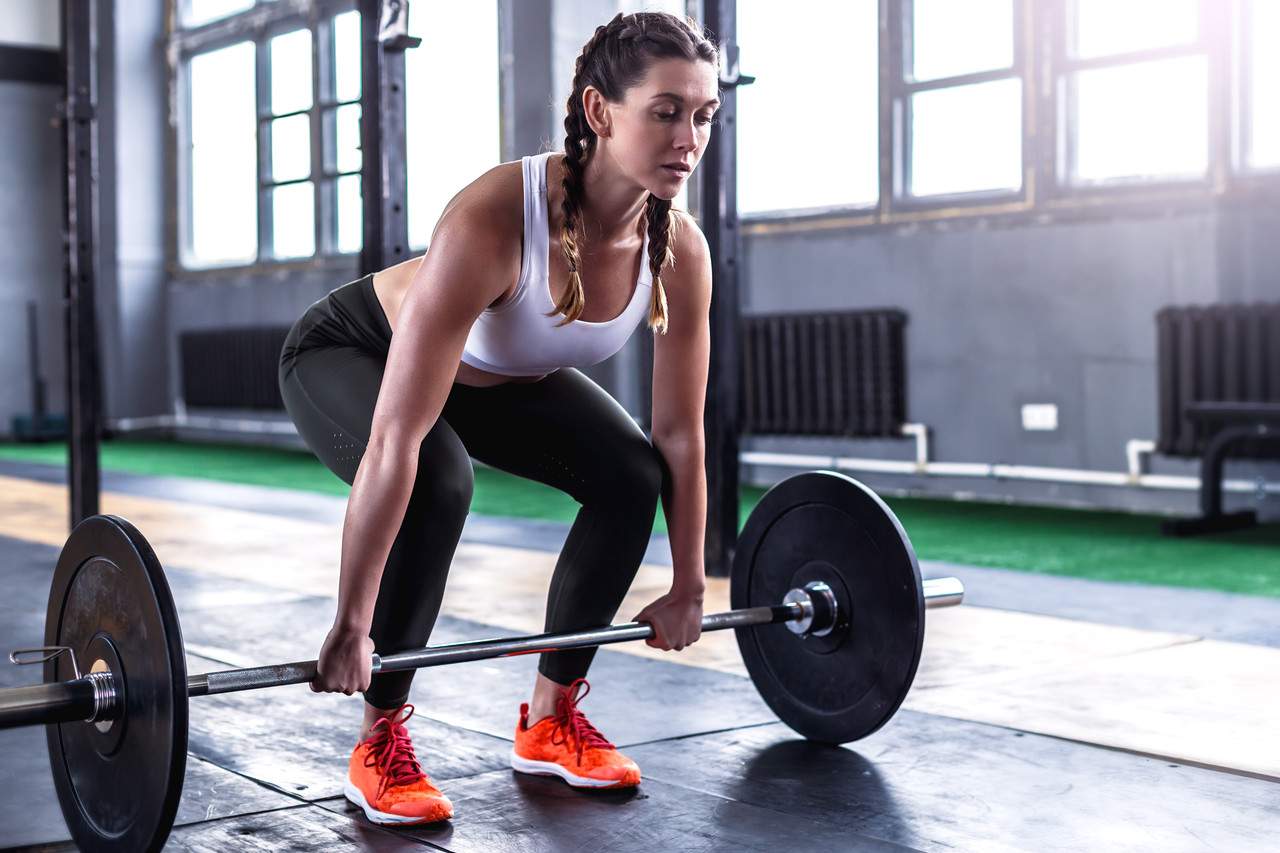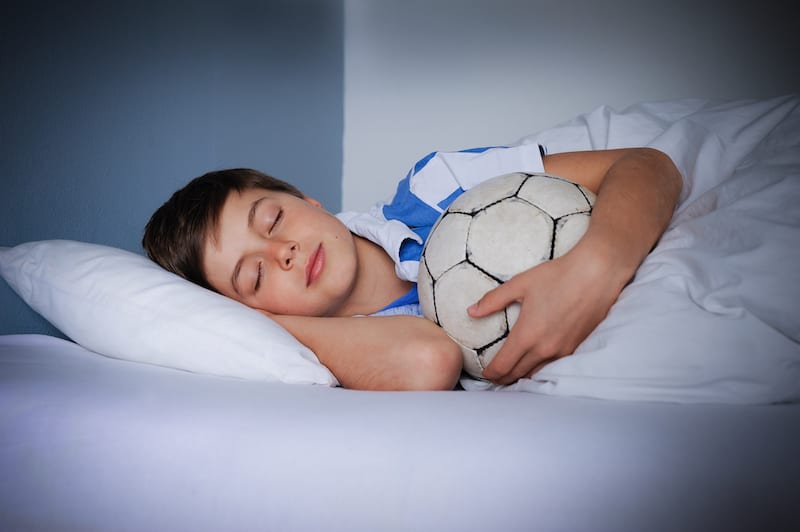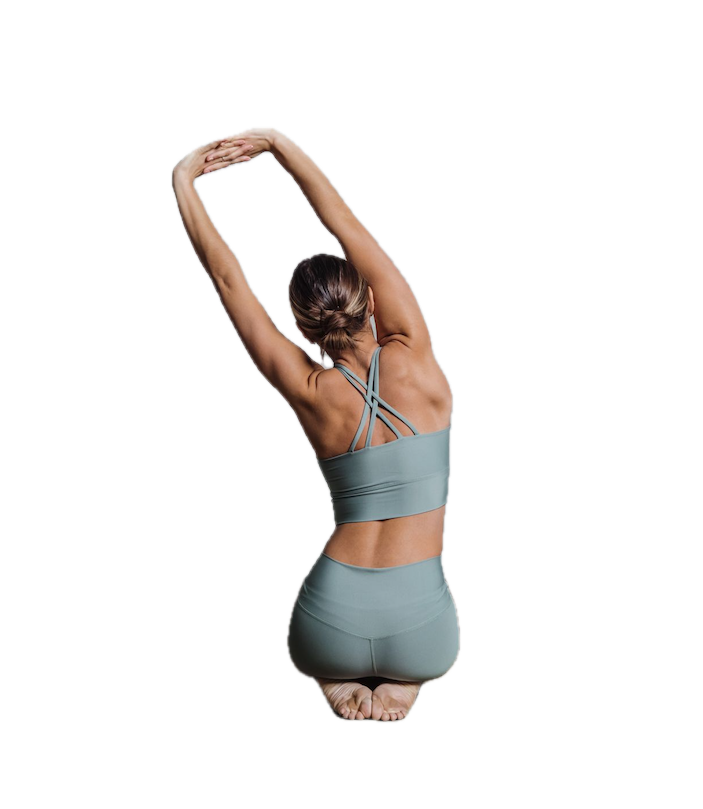
Diet and Hormones: What You Need to Know
Hormones play a vital role in the body’s functioning, influencing everything from mood and energy levels to metabolism and body composition. What we eat can significantly impact hormonal balance, affecting overall health and training results. In this article, we explore the connection between diet and hormones and what you need to know to optimize your well-being.
The Role of Hormones in the Body
Hormones are chemical messengers produced by glands in the endocrine system that regulate numerous bodily functions. Some of the most critical hormones for health and physical performance include:
- Insulin: Regulates blood sugar levels.
- Cortisol: Known as the stress hormone, it’s essential for managing stress but can be harmful in chronically high levels.
- Testosterone: Crucial for muscle growth; healthy levels promote strength and energy.
- Estrogen and Progesterone: Regulate the menstrual cycle and influence bone health and fat distribution.
- Thyroid Hormones: Control the basal metabolic rate.
How Diet Impacts Hormones
Certain foods and dietary patterns can positively or negatively influence hormonal balance. Here are some key considerations:
- The Importance of Balanced Macronutrients:
- A protein-rich diet promotes the production of hormones like testosterone and growth hormone.
- Healthy fats, such as omega-3s, support the production of estrogen and testosterone.
- Avoiding excessive consumption of simple carbohydrates helps prevent insulin spikes.
- Glucose and Insulin:
- Diets high in sugars can lead to insulin resistance, increasing the risk of type 2 diabetes.
- Opt for complex carbohydrates like oats and sweet potatoes for stable blood sugar control.
- Reducing Processed Foods:
- Processed foods high in trans fats can disrupt hormonal signaling.
- Consuming Essential Micronutrients:
- Zinc and Vitamin D are crucial for testosterone production.
- Magnesium helps reduce stress and regulate cortisol.
- Maintaining a Healthy Weight:
- Excess body fat can lead to an overproduction of estrogen.
- Very low body fat levels can disrupt reproductive hormones, particularly in women.
Practical Tips for Healthy Hormonal Balance
- Choose whole foods: Opt for fruits, vegetables, whole grains, nuts, and seeds.
- Get adequate sleep: Poor sleep increases cortisol and disrupts testosterone and growth hormone production.
- Manage stress: Incorporate activities like meditation or yoga to balance cortisol.
- Exercise regularly: Resistance training and moderate cardio help regulate hormones like insulin and testosterone.
- Stay hydrated: Proper hydration is essential for cellular function and hormone regulation.
When to Consult a Specialist
If you experience symptoms like chronic fatigue, unexplained weight changes, or mood swings, it may be necessary to consult a doctor or nutritionist. Hormonal tests can help identify imbalances and guide dietary or medical adjustments.
Conclusion
A balanced diet is a powerful tool for optimizing hormonal health and improving quality of life. Understanding how food influences your body empowers you to make informed decisions to promote health and well-being. At Treino.eu, we offer resources and personalized plans to help you achieve your goals. Explore more on our website and start your journey today!

The Importance of Sleep for Physical Performance
Sleep is one of the key pillars of health and well-being, particularly for those who engage in regular physical activity. While nutrition and training often take center stage, the role of sleep in enhancing physical performance is often overlooked. In this article, we delve into how quality sleep impacts athletic performance, muscle recovery, and mental balance.
1. Recovery and Muscle Growth
During deep sleep, your body undergoes critical repair processes. This is when most protein synthesis occurs, along with the release of growth hormones essential for muscle recovery and development. Without adequate sleep, your muscles may struggle to recover properly, increasing the likelihood of injuries.
2. Energy and Endurance
Lack of sleep directly affects your energy levels and endurance. Studies indicate that sleep deprivation reduces strength, speed, and reaction time during physical activity. A good night’s rest allows your body to recharge, ensuring optimal performance during workouts.
3. Focus and Coordination
Cognitive function plays a vital role in sports and exercise. Concentration and motor coordination are key to performing at your best. Sleep deprivation can lead to mistakes, slower decision-making, and an increased risk of accidents.
4. Hormonal Regulation
Sleep impacts critical hormones like cortisol (the stress hormone) and those that regulate hunger, such as leptin and ghrelin. Poor sleep can elevate cortisol levels, impairing recovery, and disrupt appetite regulation, making it harder to maintain a balanced diet.
5. Injury Prevention
Athletes with irregular sleep patterns are more prone to injuries. Fatigue impairs reaction times and muscular control, increasing the risk of accidents during exercise.
Tips to Improve Sleep Quality
- Establish a Sleep Routine: Aim to go to bed and wake up at the same time daily, even on weekends.
- Avoid Screens Before Bed: Blue light from devices can suppress melatonin production, disrupting sleep.
- Optimize Your Sleep Environment: Keep your room dark, cool, and comfortable.
- Avoid Heavy Meals Before Bed: Opt for light snacks like a banana or nuts if you’re hungry.
- Limit Caffeine Intake: Especially in the hours leading up to bedtime.
Conclusion
Sleep is just as important as training and nutrition when it comes to achieving your fitness goals. Prioritizing quality sleep not only enhances your physical performance but also supports a healthier, more balanced lifestyle. At Treino.eu, we encourage you to focus on every aspect of your well-being to reach your full potential.
Ready to transform your sleep and workouts? Start your fitness journey with us today! 🚀

